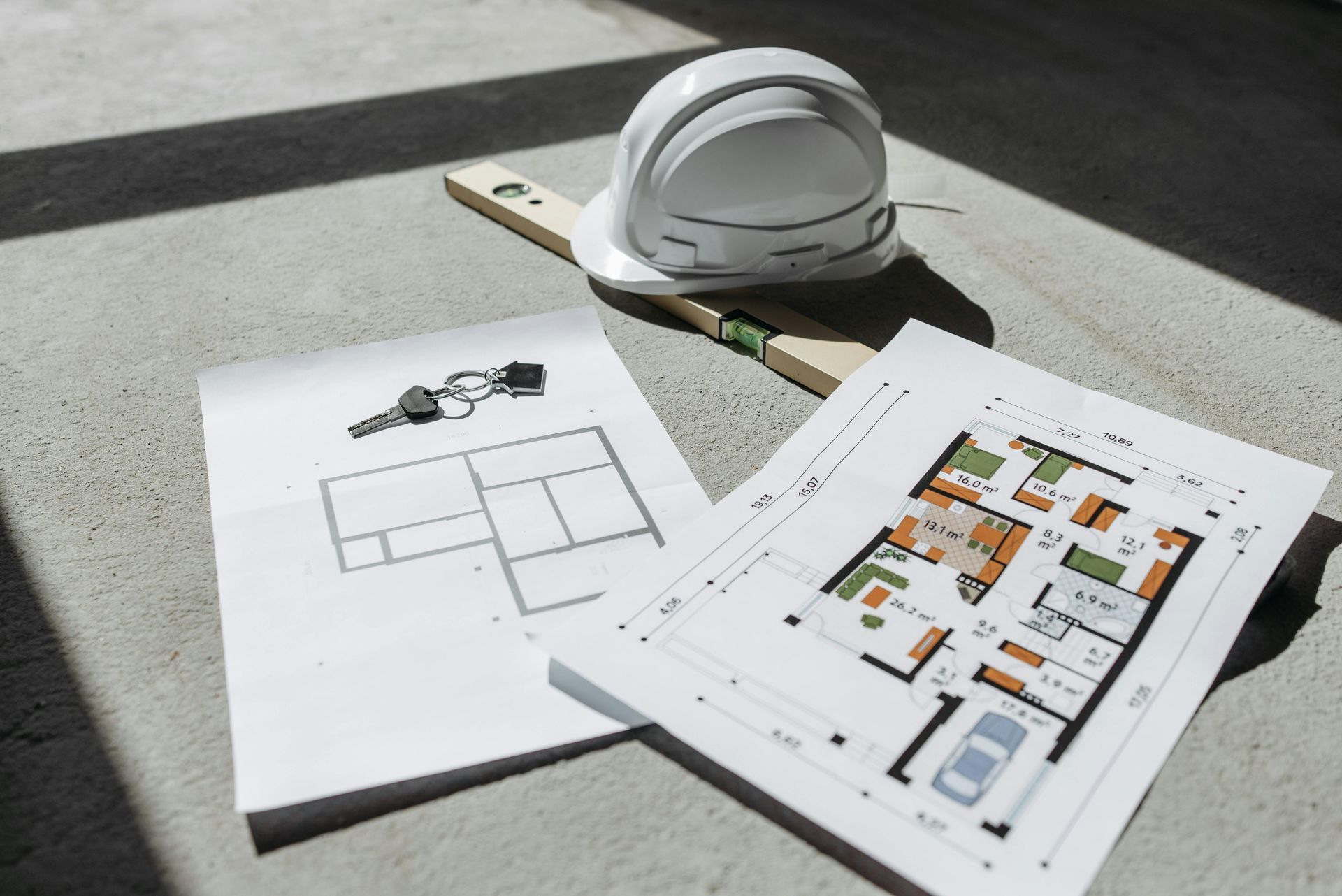What Sort Of Enquiries Are Raised When Buying A House?
A Guide to the Common Enquiries Raised When Buying a House.
Buying a house is one of the most significant financial commitments you'll make in your life, especially if you're a first-time buyer. It’s exciting, but it can also be overwhelming. As you navigate through the process, you might come across terms like "enquiries" or "searches" when discussing the legal side of things. But what exactly does this mean? What sorts of enquiries are raised when buying a house?
In this guide, we’ll walk you through the types of enquiries you can expect as a buyer or first-time buyer, and why they’re an essential part of the home-buying process.
What Are Enquiries in the Home-Buying Process?
Enquiries are the questions that your conveyancer raises with the sellers conveyancer. These enquiries are a way of confirming important details about the property before you commit to purchasing it.
While some of these enquiries are standard, others might arise depending on the specifics of the property you’re buying.
1. Title and Ownership Enquiries
The first type of enquiry is related to the title deeds of the property. Your conveyancer will check that the seller is the rightful owner and has the legal right to sell the property.
Key enquiries include:
- Are there any restrictions on the property? For example, certain properties might have restrictions that limit what you can do with the property (e.g., planning restrictions).
- Is the property registered with the Land Registry? In the UK, properties are usually registered, which simplifies the process.
2. Property Boundaries and Disputes
Another common enquiry involves the boundaries of the property. Your solicitor will ask the sellers conveyancer to confirm with the seller, the extent of the property boundaries.
Typical boundary enquiries include:
- Are the boundaries as shown in the title deeds accurate? This is to avoid disputes with neighbours later on.
- Who is responsible for maintaining fences or walls? This is crucial for ensuring you’re not responsible for something you thought was the seller’s responsibility.
3. Planning and Building Regulations
As part of the enquiry process, your solicitor will raise questions about any building works carried out on the property, especially if these have been made without proper planning permission or building regulation approval.
Questions may include:
- Has the property had any extensions or renovations? If so, were these carried out with the proper permissions?
- Are there any outstanding planning applications or enforcement notices? It’s essential to know if any work is pending that could affect the property’s value.
4. Leasehold and Freehold Enquiries
If you’re buying a leasehold property, your solicitor will raise specific enquiries related to the terms of the lease. These include the length of the lease and any fees or obligations attached to it.
For freehold properties, the enquiry focuses on ensuring the seller owns the land and property outright.
For leasehold properties, common enquiries include:
- How long is the lease? The length of the lease can impact your ability to sell or re-mortgage in the future.
- What are the service charges? These could be annual fees for maintenance and upkeep of communal areas.
- Are there any restrictions on the property? These could limit things like subletting or making alterations.
5. Environmental and Local Authority Searches
Your conveyancer will also carry out searches with local authorities to check for any potential risks associated with the property. These searches are vital for identifying environmental or legal concerns that could affect your decision to buy.
Key searches include:
- Local authority search: Checks if there are any planning or building applications near the property that could impact you.
- Environmental search: Identifies risks such as flooding, contamination, or other environmental issues.
- Water and drainage search: Ensures the property is connected to the main water and sewage systems.
6. Mortgage Enquiries
If you are mortgaging the property, your lender may also raise specific enquiries about the property. These could involve further investigations into the property’s value, condition, or title.
7. Fittings and Contents
Finally, your conveyancer may raise enquiries regarding any fittings and contents that are included in the sale. This helps to clarify what items are being left in the property and which will be removed by the seller.
Examples of typical enquiries include:
- What items are included in the sale? Does the seller plan to leave furniture, appliances, or other items behind?
- Are there any warranties or guarantees on the appliances? This could be relevant for items like boilers, electrical systems, or kitchen equipment.
Conclusion
For first-time buyers and buyers, raising the right enquiries when buying a house is a crucial step in ensuring you have sufficient information before legally committing to the purchase. These enquiries help ensure that you’re aware of potential risks or issues that could affect you in the future.
Working with an experienced conveyancing firm such as Aconveyancing, is key to navigating the enquiry process and ensuring that everything goes smoothly. While it may seem like a lot of paperwork, remember that these enquiries help safeguard your interests.



